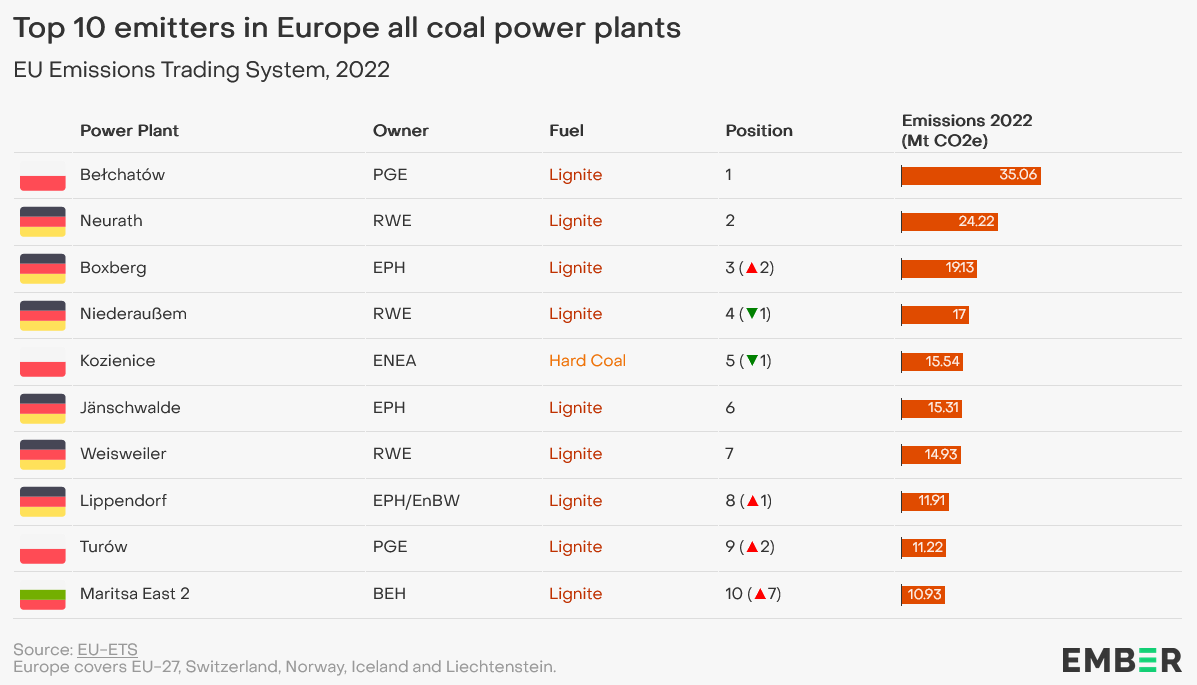The 14th annual Banking on Climate Chaos report, places the Royal Bank of Canada (RBC) as the biggest annual financier of fossil fuels, with $42.1bn dollars in 2022, including $4.8bn for tar sands and $7.4bn in fracking.
Canadian banks are becoming the banks of last resort for fossil fuels as European banks have slowly tightened policy, providing $862bn to fossil fuel companies since the Paris Agreement, however, the report shows that overall, US banks still dominate fossil fuel financing, accounting for 28 per cent of all fossil fuel financing in 2022. JPMorgan Chase remains the world’s worst funder of climate chaos since the Paris Agreement. Citi, Wells Fargo, and Bank of America are still among the top five fossil financiers since 2016.
In the seven years since the Paris Agreement was adopted, the world’s 60 largest private banks financed fossil fuels with $5.5tr.
Global banks’ net zero pledges have netted nothing so far, according to the report. Forty nine of the sixty banks profiled in the report made net-zero commitments, but most are not paired with rigorous policies excluding finance for fossil fuel expansion. The policies contain many loopholes that allow banks to continue financing fossil fuel clients.
Banking on Climate Chaos is authored by Rainforest Action Network, BankTrack, Indigenous Environmental Network, Oil Change International, Reclaim Finance, Sierra Club, and Urgewald.
Maaike Beenes, (pictured) campaign lead banks and climate at BankTrack (co-author) said: “Banks took an irresponsible gamble with our climate by nearly doubling their financing for fossil gas infrastructure/ LNG in the last year. We need banks to stop financing fossil fuel expansion and rapidly increase their financing for cheaper renewable energy, to help keep bills down and help stop our reliance on Russian gas.”
Latest News
-
Three UK’s partnership with Samaritans raises £1m
-
Grants of up to £10,000 available as energy firm opens £6.8m community fund
-
Virgin Media O2 pledges to donate 12,000 phones to people in need in 2026
-
Nuclear waste organisation invests £8m in community projects near underground facility
-
Children’s Society director to take charge of Premier League club’s foundation
-
Chelsea FC becomes first Premier League club to receive dedicated epilepsy awareness training
© 2019 Perspective Publishing Privacy & Cookies







Recent Stories